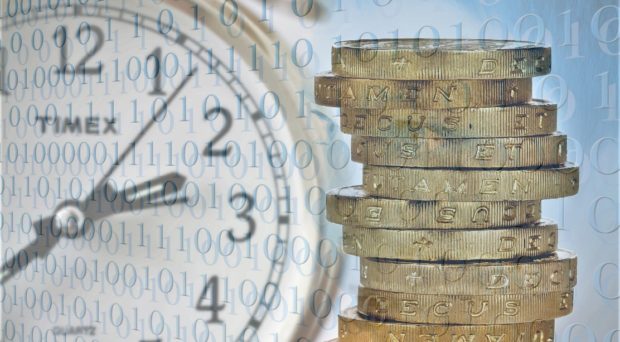
So why is this important?
Clinical trials are increasingly under the spotlight with regards to the sharing of data. Most trial funders require data from the research that they fund to be made available whilst many medical journals already mandate some form of sharing, with more set to do so in the future following the publication of recent plans by the International Committee for Medical Journal Editors.
Sharing patient level data maximizes the value of the data by enabling additional research questions that were never originally planned for the clinical trial to be addressed after the trial has been completed. More and more research could be done using existing data that may be locked away in filing cabinets and computers, instead of collecting new data, which could save time, money and reduce research waste.
Sharing patient level data maximizes the value of the data by enabling additional research questions that were never originally planned for the clinical trial
But there are issues when sharing patient level data. Most importantly, we must make sure that the privacy of trial participants is always protected. We can achieve this by sharing data using controlled access with conditions of use and by turning data into a form which does not identify individuals and where identification is not likely to take place, using the technique of anonymization.
Clinical trialists, particularly those that conduct publicly funded trials, may not yet be very familiar with anonymization methods and are concerned about the amount of time and associated costs of preparing data which can be a barrier to sharing data.
How much resource is needed to prepare patient level data ready for sharing?
We worked through the process of preparing data using two exemplar National Institute for Health Research (NIHR) Health Technology Assessment (HTA) Program funded clinical trials (the SANAD trial and the MENDS trial) and found that the older SANAD trial (published 2007) required 50 hours of staff time with a total associated cost of £3,185 whilst the more recently completed MENDS trial (published 2012) required 39.5 hours of staff time with total associated cost of £2,540.
This exercise provides reasonable initial estimates to help trialists and funders plan the resources required in future trials. Estimates may differ in other settings necessitating the need for further empirical evidence to inform future decisions. Nevertheless, it is comforting to see that the time and cost of data preparation will generally be small compared to the overall cost of a trial and should not constitute a major obstacle to data sharing in the future.
We recommend that trialists should include adequate costs for data preparation in grant applications and prospectively plan data sharing activities, which should be mentioned in the protocol and data management plan.
Thanks for sharing this information Catrin! Having had to personally perform risk assessments and anonymize data and documents, I must reiterate how complicated a process it can be! Often what can contribute to cost overages are the back-and-forth between various parties involved, which shouldn’t be discounted!
There are various software platforms that can use automation to help with bringing down the cost of Risk Assessment, De-identification, Anonymization, and Document Management – we are the the developers of one such tool, ARARA (https://rlsciences.com/real-life-sciences-clinical-automation-redact-anonymize-analytics/) which is a software platform built for deidentification and anonymization with EU Policy 70 standards in mind, which can help curb some of the costs to any anonymization project.